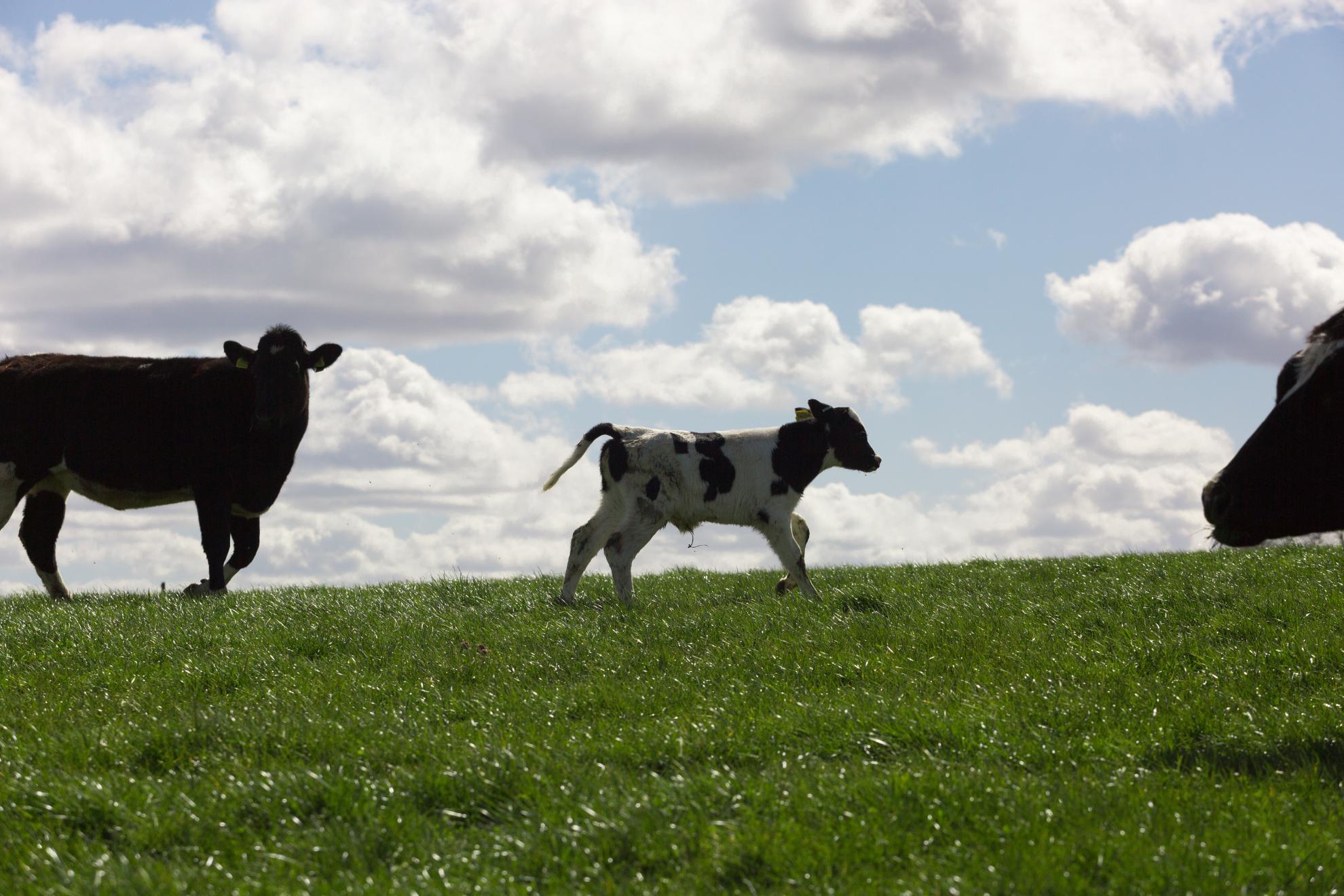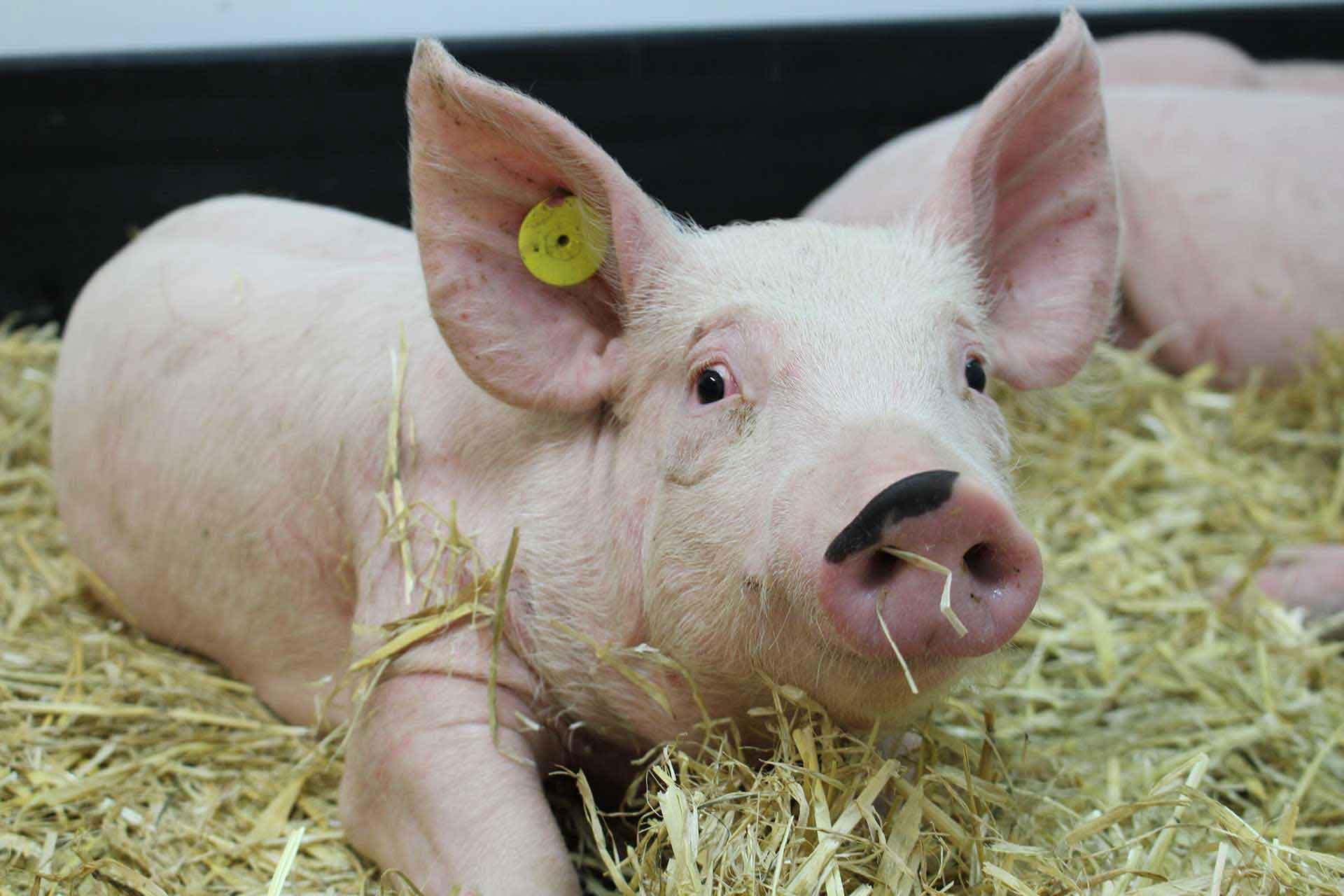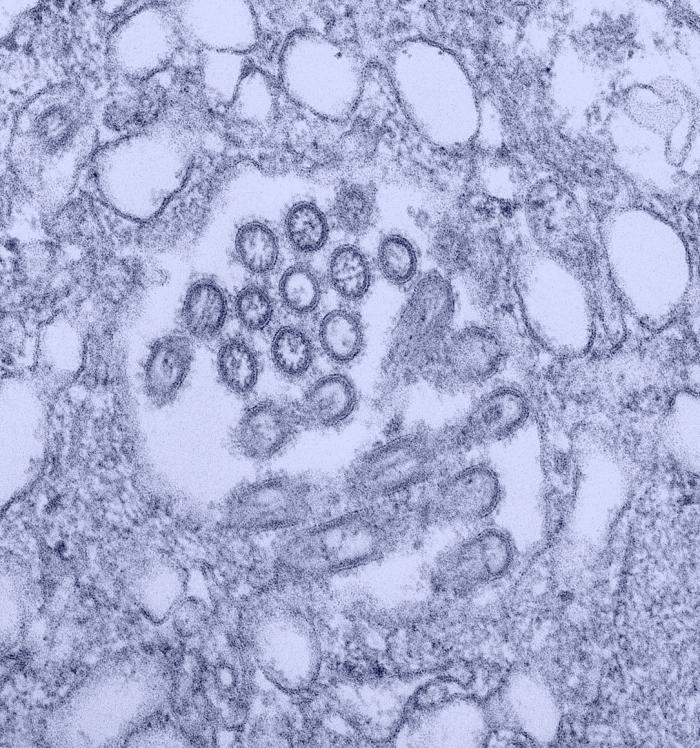Protective porcine influenza virus-specific monoclonal antibodies recognize similar haemagglutinin epitopes as humans
Pigs are natural hosts for the same subtypes of influenza A viruses as humans and integrally involved in virus evolution with frequent interspecies transmissions in both directions. The emergence of the 2009 pandemic H1N1 virus illustrates the importance of pigs in evolution of zoonotic strains. Here we generated pig influenza-specific monoclonal antibodies (mAbs) from H1N1pdm09 infected pigs. The mAbs recognized the same two major immunodominant haemagglutinin (HA) epitopes targeted by humans, one of which is not recognized by post-infection ferret antisera that are commonly used to monitor virus evolution. Neutralizing activity of the pig mAbs was comparable to that of potent human anti-HA mAbs. Further, prophylactic administration of a selected porcine mAb to pigs abolished lung viral load and greatly reduced lung pathology but did not eliminate nasal shedding of virus after H1N1pdm09 challenge. Hence mAbs from pigs, which target HA can significantly reduce disease severity. These results, together with the comparable sizes of pigs and humans, indicate that the pig is a valuable model for understanding how best to apply mAbs as therapy in humans and for monitoring antigenic drift of influenza viruses in humans, thereby providing information highly relevant to making influenza vaccine recommendations.
Competing Interest Statement: The authors have declared no competing interest.


